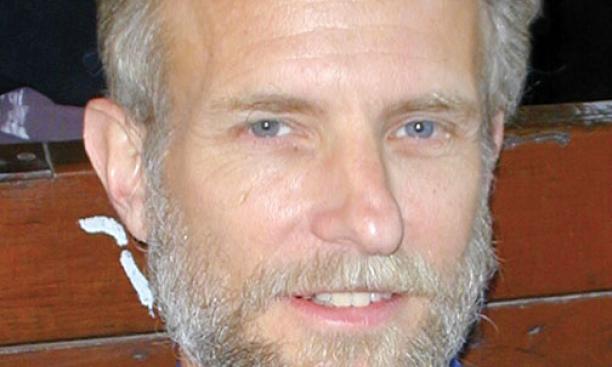


A subject with origins in the seventh century may seem a bit musty to generate controversy, but the history of Islam’s founding remains fraught to this day. Fred M. Donner ’68 *75 wades into these choppy waters with Muhammad and the Believers: At the Origins of Islam (Harvard University Press) and provides an accessible account of the early days of Islam that presents the community as less militaristic and more ecumenical than traditionally portrayed.
Donner offers a picture of first-century Islam at odds with later accounts that held that from the start, followers of this spiritual movement formed a distinct religion with a well-defined set of tenets. He argues that the prophet’s followers should be referred to as “believers” rather than Muslims because that term is used far more frequently in the Koran — and because it reflects the ecumenical nature of the movement, which included Jews and Christians. The movement, he writes, was more focused on belief in one God than on the need to accept the Koran as the final revelation of God. “Above all, believers were enjoined to recognize the oneness of God,” a requirement that all three Abrahamic faiths met, writes Donner, who earned a doctorate in Near Eastern studies from Princeton and now teaches at the University of Chicago.
It was not until a century after Muhammad’s death that the terms Muslim and Islam began to be used more widely. Over time, Muhammad’s successors sought to distinguish themselves as a distinct political and religious force. To do so they began changing how they referred to themselves, and they gradually codified the tenets of their faith to reflect more strictly the teachings of the Koran.
Until fairly recently, the historical accounts of Islam’s origins relied in part on literary sources that were compiled years after Muhammad’s death. Some of those narratives likely were written to shore up his status as a prophet, Donner argues, or to justify practices later adopted by the Islamic community.
The traditional portrayal of the expansion of the community of believers is also problematic, Donner contends, and not as bloody as traditionally believed. In the century after Muhammad’s death his followers expanded their territory rapidly, progressing as far as Spain and India. Later Islamic narratives of this period tend to idealize the campaigns as proof of God’s favor for the Islamic faith. In fact, the believers’ control of these lands was less centralized than these narratives suggest. What’s more, while accounts written during the first century of the expansion describe it as militaristic in nature, recent archaeological evidence uncovered in the conquered lands reveals little evidence of wholesale destruction.
“The record suggests that the area underwent a gradual process of social and cultural transformation that did not involve a violent and sudden destruction of urban or rural life at all,” Donner writes.
Donner hopes that his book can serve as a corrective to the historical record. Many textbooks “still present the very beginnings of Islamic civilization in the way it was presented 50 years ago or more — and it’s more interesting than that,” he said.
Maurice Timothy Reidy ’97 is online editor at America magazine.
